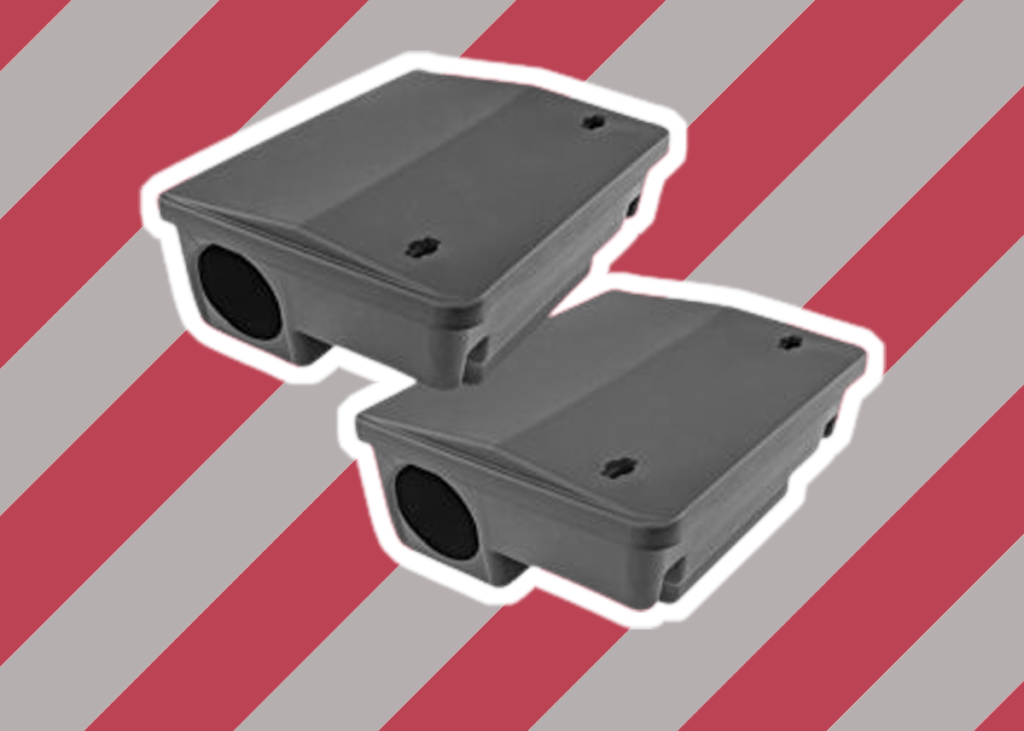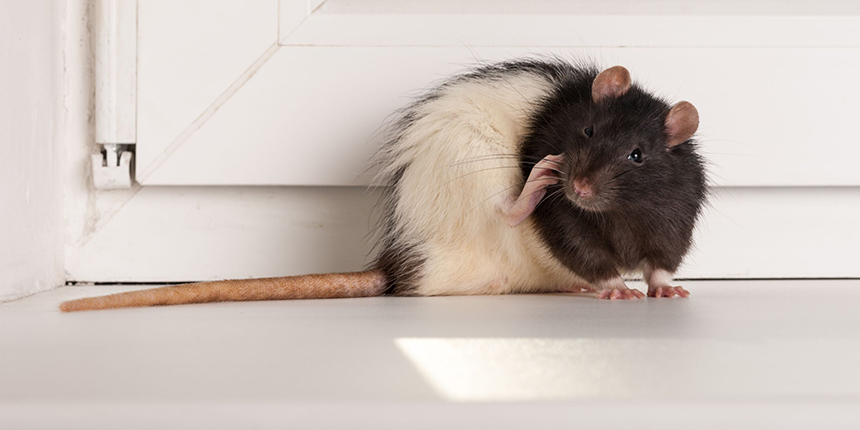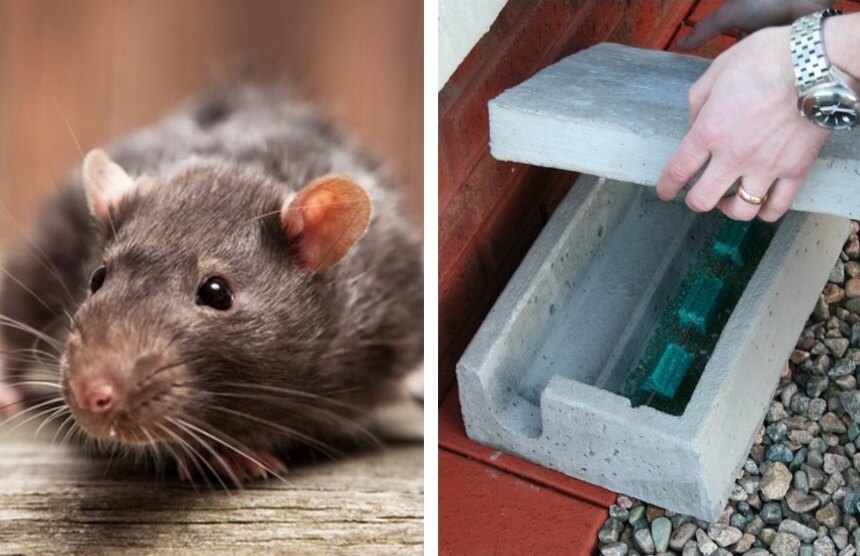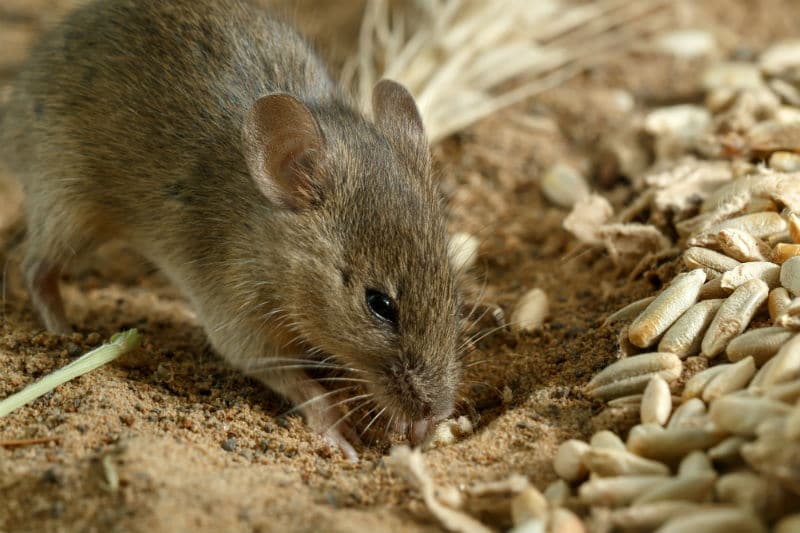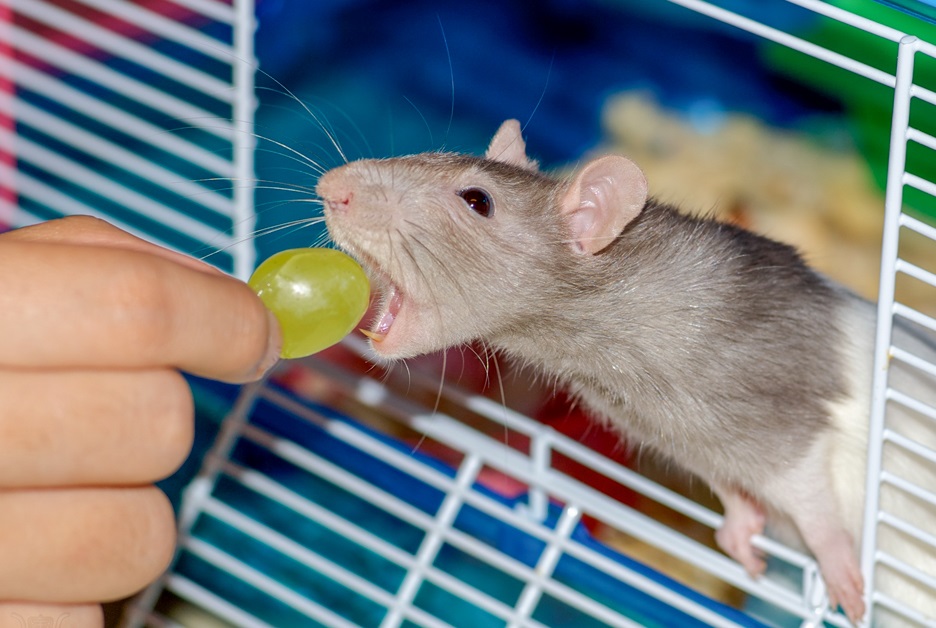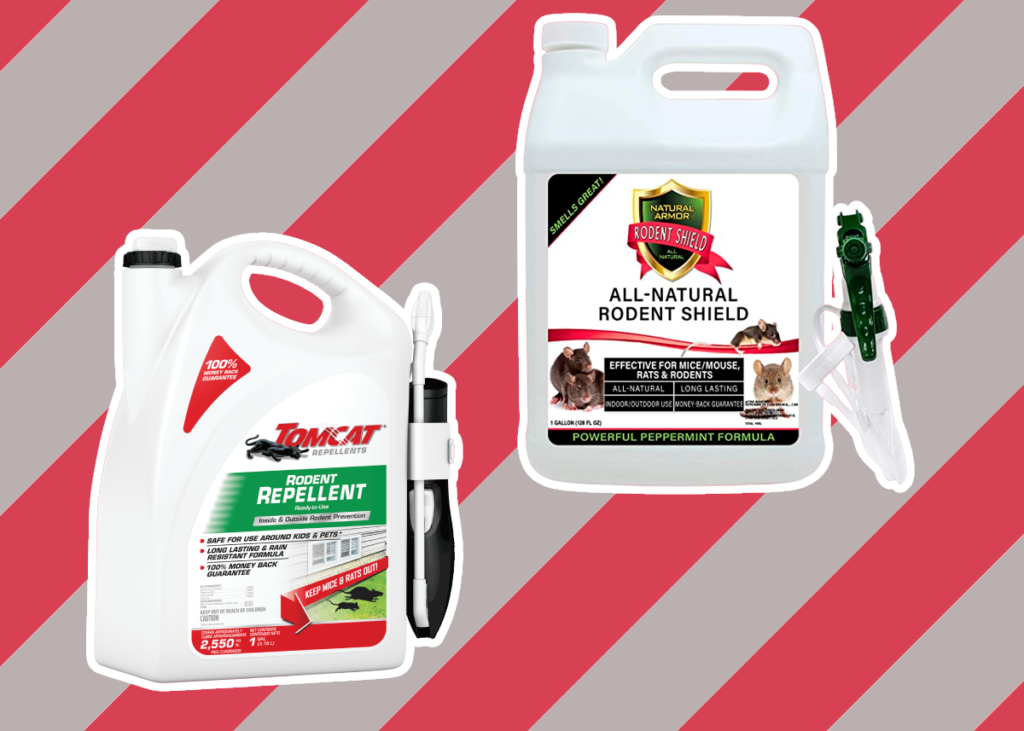

If you’ve ever lived in a house with a rat or two who irritates you in the middle of the night with its running and scratching, then you will have put rat repellents, rat traps or bait stations, maybe even a slice of bread, to catch it.
More often than not, you won’t find the dead rat in the trap or bait station, but having ingested whatever food or pet insecticide, it will often escape dying in a small, quiet place. This is when the hunt will truly begin because it’s pungent, and the question of how to get rid of a dead rat smell is not easy to answer. Nevertheless, there’s something that you cannot let go of until you have found its body.
As mentioned, the smell of a dead rat is pungent. If you’ve ever been to an open meat market in Africa, you will know when the hanging meat has gone bad, as a dead rat’s smell is similar but even more pungent than this, as it can get much worse. If the dead rat dies in summer, it will often find a warm space which makes the dead rat smell many, many times worse. It is a smell that lingers, that permeates, that sickens everything around it, more indoors but even outdoors.
A dead rat will start smelling anything from 3 to 5 days, but it will very much depend on the weather. If we are in summer, then the dead rat smell could be there from the first or second day and not take as long as 3 to 5 days.
There are various factors with regard to how long the smell will permeate your home, such as how big the rat is, whether the climate is hotter or colder, and even where it has found its resting place. Dead rat smell can last up to three weeks, sometimes as long as 6-8 weeks if the conditions are as above. Obviously, if the rat is outside, in a colder climate, this will limit the amount of time that the smell lingers.
When the smell starts, how to get rid of the dead rat smell naturally can involve using either a vinegar-water solution or perhaps using charcoal though this is often a more preventative measure.
If the rat is in the walls, figuring out how to get rid of it is not the easiest option, as you will need to identify in which room and which wall is the strongest by using your nose.
You could then drill a wall in the hole and pour a solution of vinegar and water (a half-half solution) in, but this will not get rid of the carcass, only mitigate the pungent smell.
If the rat has crawled into the vents within your home, the logistics of how to get rid of the dead rat smell in vents becomes a little easier, simply because you have more access to these areas. You can hopefully remove the dead rat, be sure to use gloves, and then pour some vinegar and water in. Coffee grounds and baking soda can also help with the pungent smell but will need to be changed intermittently.
The methods of how to get rid of the dead rat smell in your car are similar to most other ways Trusted Source How Do I Get Rid of a Dead Animal Smell in My Car? | HowStuffWorks Fighting the funk can be hard but not impossible. HowStuffWorks explains how to get rid of the smell of a dead animal inside your car. auto.howstuffworks.com . First, locate the rat, which should be easier, unless it has gotten into the underside of the car, but more often, the smell will come from the engine and flow through the vents. Make sure you use protective gloves and clothing to remove the rat, as well as ensure that the rat is in its own plastic bag to ensure no cross-contamination.
More often, a rat will head for the roof area, so how to get rid of a dead rat smell in your attic is to once more first locate the most pungent area, hopefully not behind many boxes as this will take you longer, then remove the rodent, or if it a place where you can’t reach it to once more using the vinegar-water solution to decompose the rat.
Lastly, since rats will find any place to hide, they might actually climb under the house looking for a small dark corner, so how to get rid of the dead rat smell under the house is a little more difficult, and it’s possible you might need a professional to assist you at this time.
Once you have smelt the dead carcass, you will possibly see many insects such as flies, bugs, and other flesh-eating animals grouped in one place. This should alert you to something not being well in that area. There could also be telltale signs of bodily fluids, however minuscule on tiles and clear services if the rat started dying before it made it into its hiding place.
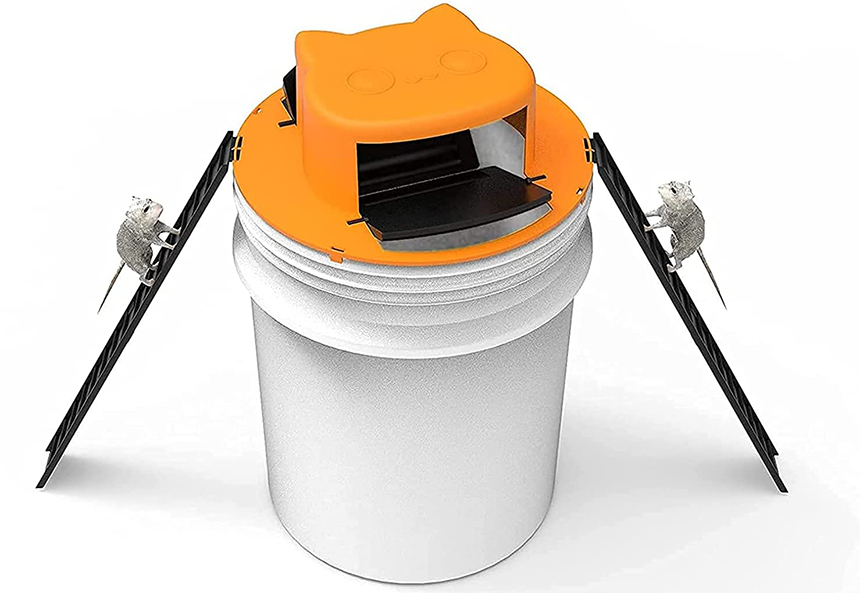
While it is always best to get professionals in to remove the dead rat, you can use a product such as a repellent, which is a spray that you can spray at the area. The best rat repellent will make sure that those pesky rats never even come close to your home. However, this will be of less use if you cannot get to the area the rat has died. The alternative is to try one of the best rat bait stations, as you have choices between a standard bait station where you can put food in or the sonic option. When buying a bait station, make sure it is EPA approved Trusted Source Mouse and rat poisons in pellet form banned | US EPA EPA has been working with manufacturers to ensure that safer rodenticide products are available to consumers for use in controlling rodents in the house. Find out more about how to find safer products. www.epa.gov and does not use pellets, as the use thereof has now been banned.
Lastly, if you have a rat that is continuously running around and biting into your garbage bags outside, or coming inside to eat the dog food and then running away again, then the best outdoor rat traps will allow you to catch the rat with a minimal amount of fuss, just set and forget. Some of these products, such as the RinneTraps Flip N Slide, are built in a way to be safe for pets and other animals. Once the rat has been trapped, you will need to either take it to a far-away field in the hope that it never returns or gear yourself up to poison it then and there if it has not already decomposed. Ensure, even in an outdoor setting, that you wear protective gloves and clothes Trusted Source Clean Up! | Rodents | CDC Information on how to clean up rodent waste the right way. www.cdc.gov to minimize decontaminants.
On finding the pungent smell and hopefully being able to remove the rat’s carcass from the area, you will need to disinfect it using something akin to bleach or the water-vinegar solution. However, a strong disinfectant is preferable. It is also advisable to clean all traces of the rats, such as droppings and nesting material.
If the rat carcass was found in an area where you can open doors and windows, you can easily, albeit over a few hours, allow the smell to dissipate. If you cannot remove the carcass and have put a solution of water and vinegar in the crawl space or behind walls, you could use a product like Rat Sorb, which can neutralize the pungent smell. There are also natural products like peppermint essential oil, which can help minimize the smell.
Obviously, prevention Trusted Source Options for Dealing With Rodent Infestations | US EPA After removing sources of food and water and shelter, your next options are rodent traps and poisons (rodenticides). Rat or mouse traps may be lethal (snap traps) or live (cage-type), and poison baits must be placed in tamper-resistant bait stations. www.epa.gov is better than cure, and the best way to get rid of the dead rat smell is to not have any rats in your home or surrounding areas. Charcoal can be used, but best of all is to ensure you do not have compost heaps with food sitting around or any other area within the home where rodents can gather and hide. Make sure your attic doesn’t have any cockroaches in or other smaller insects that the rats like to eat.
None of us enjoy having rats, especially dead rats, anywhere near us. The smell is worse than putrid meat and lasts a lot longer. Three to eight weeks is a long time to have the dead rat smell in our presence. That said, it is almost unavoidable to go through our lives without having a single rat die somewhere in our home, car, or surrounding areas.
While we can ensure that there are no insects such as cockroaches around, make sure our attics are cleaned, or boxes moved around every now and then, and our cars don’t have food lying around, it’s inevitable that one day we could smell a dead rat.
Luckily, you now know how to get rid of a dead rat smell.
